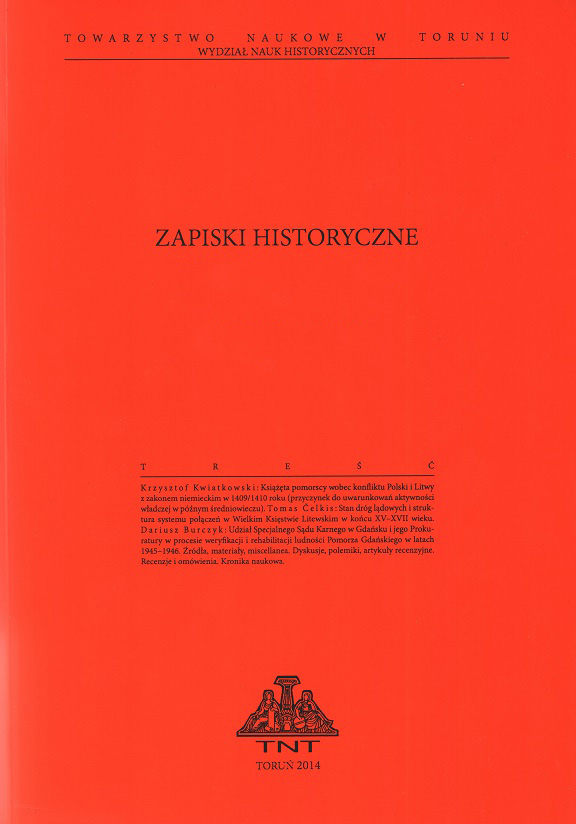
We kindly inform you that, as long as the subject affiliation of our 300.000+ articles is in progress, you might get unsufficient or no results on your third level or second level search. In this case, please broaden your search criteria.


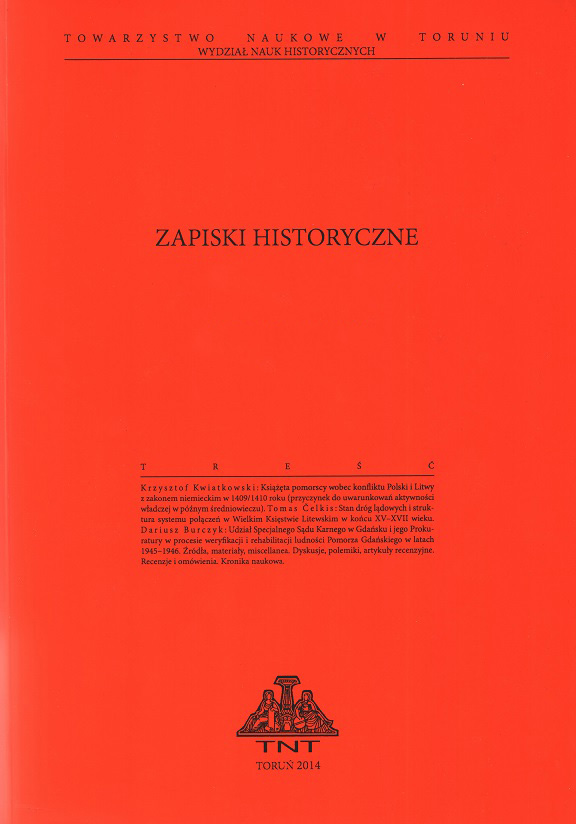

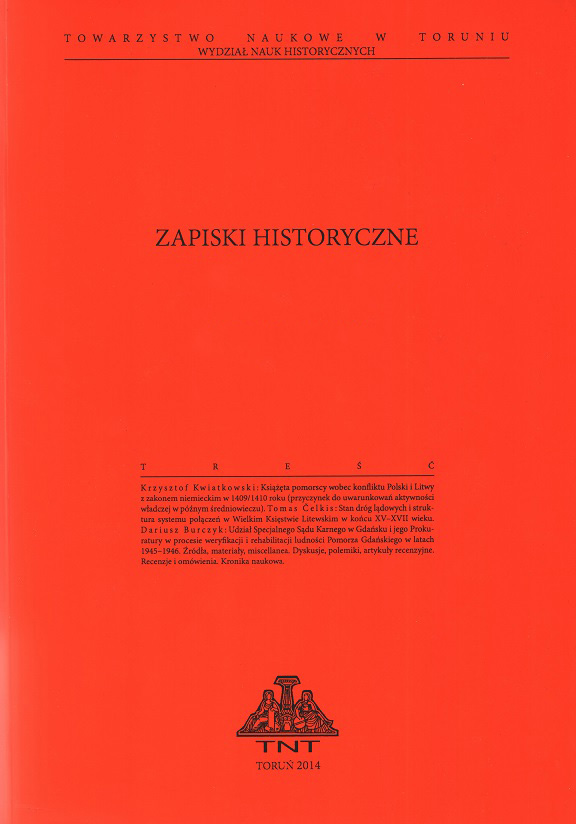

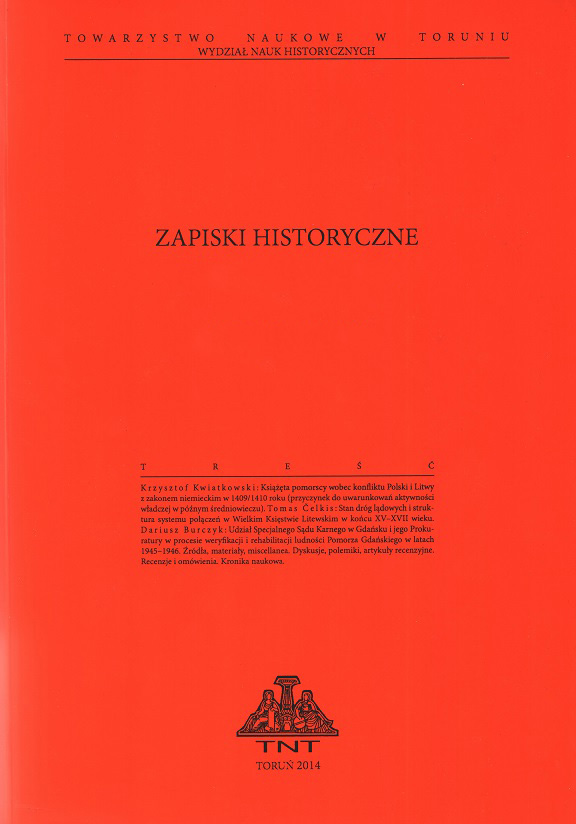
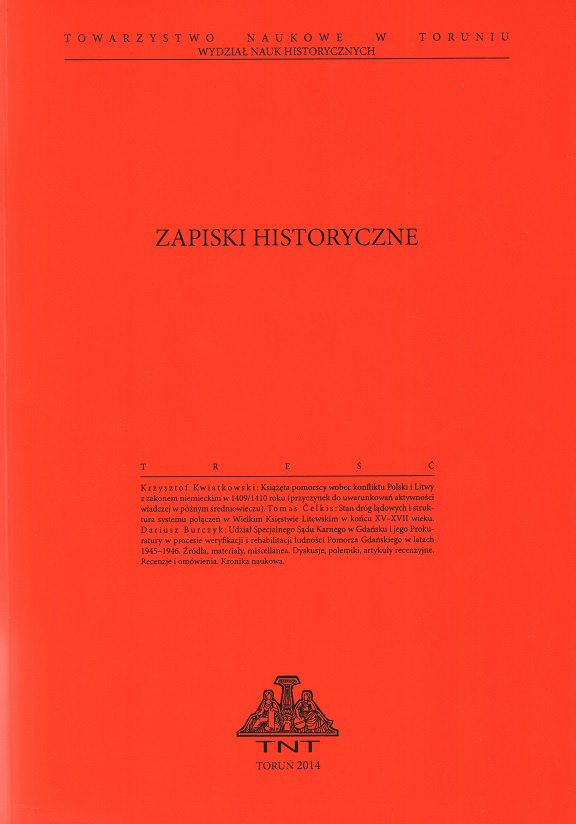
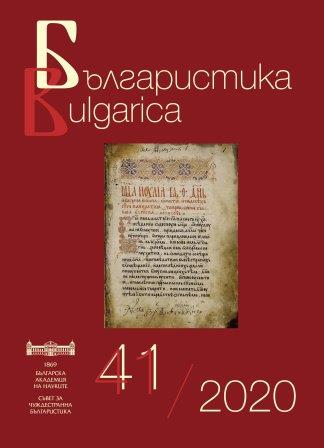

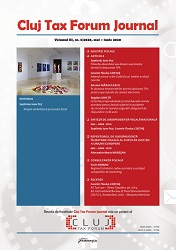
Review of the judgments made by European Court of Justice.
More...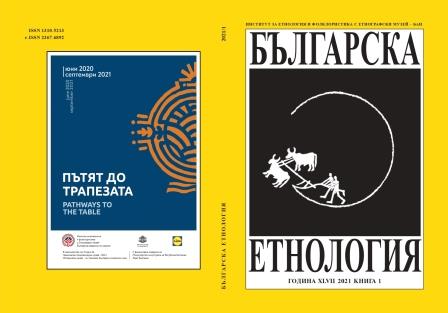
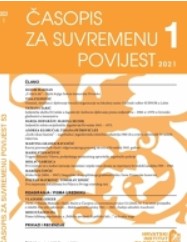
U Časopisu za suvremenu povijest broj 3 za 2020. godinu objavljen je tekst Davora Marijana pod naslovom „Politika povijesti ili politika laži – povodom jednoga prikaza u Preporodovu Journalu”, kao reagiranje / pismo uredniku na moj prikaz njegove knjige Rat Hrvata i Muslimana u Bosni i Hercegovini od 1992. do 1994. godine, štampan pod naslovom „Podrigivanje sukoba” u časopisu Preporodov Journal. U prikazu Marijanove knjige nastojao sam skrenutipažnju na nekoliko karakterističnih spornih mjesta u njegovoj interpretaciji političkih i vojnih odnosa i događaja u Bosni i Hercegovini, uključujući i oružani sukob.
More...![Considerations on the doctoral thesis „Mitul Salvatorului în strategiile de comunicare în campaniile pentru alegeri prezidențiale în România postdecembristă” [...]](/api/image/getissuecoverimage?id=picture_2020_59991.jpg)
We draw attention on the enrichment of the Romanian research literature with the doctoral thesis entitled “The Myth of the Savior in the communication strategies in the presidential election campaigns in post-December Romania”, elaborated by Ariana-Loreta Guga under the coordination of Prof. PhD. Sandu Frunză and defended in 2020 in order to obtain the title of PhD in Political Sciences at "Babeş-Bolyai" University, Cluj-Napoca, Romania. The author pursues a transdisciplinary approach, that has, as a central point, the field of political communication, which is approached by referencing theories and tools in the area of political and administrative sciences, sociology, management but also in the field of applied ethics.
More...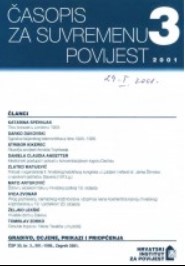
Povijest Nijemaca na europskom istoku i jugoistoku, i u bivšoj Jugoslaviji, napose u Podunavlju, predmet je mnogih radova povjesničara i publicista, u prvom redu njemačkih. Unatoč svemu, do danas nema cjelovita, objektivna prikaza povijesti jugoslavenskih Nijemaca. Naime, pred historiografijom su još uvijek mnoga otvorena i neriješena pitanja.
More...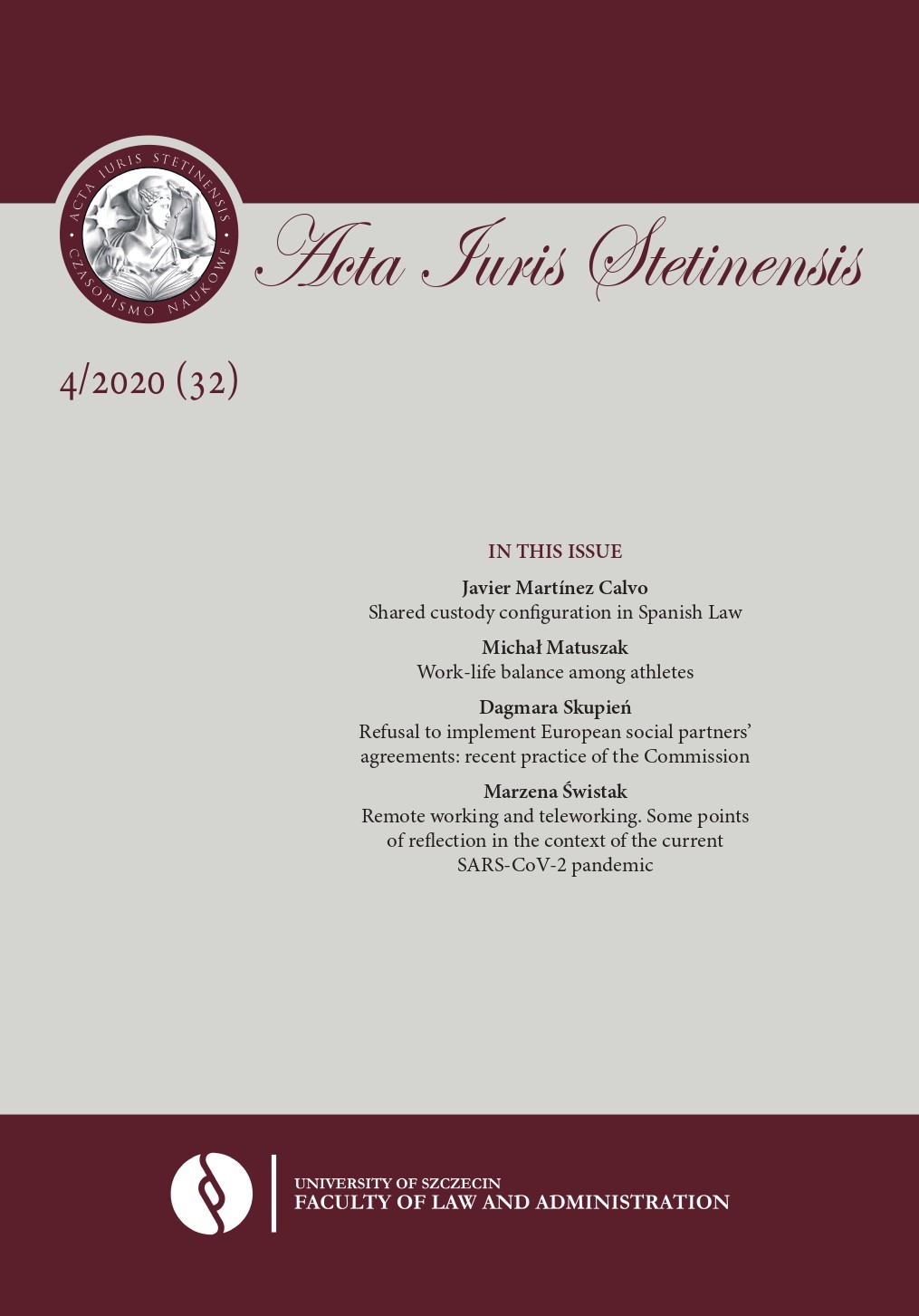
The article reviews the newest monograph of professor D. Kochenov on the critical analysis of the institution of citizenship. The main argument of the book consists in the injustice reinforced globally by the institution of citizenship from the perspective of the rights of an individual. The review refers to the issues discussed in the monograph concerning citizenship as a legal relation between an individual and the state, civil rights and obligations in a critical perspective. The author of the review underlines the significance of critical depiction rarely found in the Polish literature. However, he indicates possible areas for polemics with the reviewed monograph, in particular from the perspective of consular law. Polemic notes do not undermine the significance of this work as an important voice in the analysis of international law from the perspective of the rights of an individual.
More...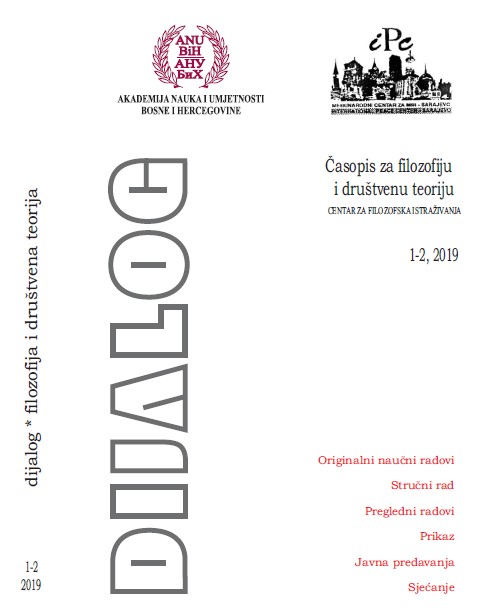
To study and learn from academician Pašalić-Kreso meant to look through wide-open windows to other related, close, but also distant sciences and not to be locked in the space of scientific and human autism, or imprisoned within the dimensions of rigid disciplinary boundaries. This was, in fact, a key prerequisite to study. In this way, Professor Adila Pašalić-Kreso, in establishing her family studies, is actually credited with having systematised and categorized everything related to family and family studies through the course Pedagogy of Family. The concept of appreciation of the diversity of family forms, the changed context of life through the processes of family de-traditionalization and de-centralization, allowing one family to achieve family goals in different dimensions of its physical and metaphysical uniqueness and the myriad influences of environmental factors, especially in different cultural contexts, Professor Pasalić-Kreso’s contexts not only rank as one of the first authors in these areas who approach families in a postmodern way, but also in a culturally sensitive way.
More...
The paper gives an account of the scientific work of academician Adila Pašalić Kreso in the part of her work in the field of comparative pedagogy. Special attention is paid to her work as a world-renowned expert in the field of comparative education, as well as her comparative-pedagogical insights into the educational reality of Bosnia and Herzegovina. It is pointed out that these two components of her scientific work represent a continuous effort for a kind of opening of Bosnia and Herzegovina to the world, and vice versa, when it comes to the most important problems and issues of education. The entire long-term scientific work of the academician Adila Pašalić Kreso is of great importance not only for the development of domestic pedagogical thought and science but also for the scientific understanding and explanation of current changes in the educational system in Bosnia and Herzegovina both in the local and global context.
More...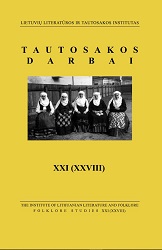
The contribution of Kazys Grigas to Lithuanian folkloristics cannot be overestimated; his theoretical works and publications of source materials made K. Grigas one of the most famous and prolific paremiologists of the second half of the 20th century. His lifework is worth a whole monograph and I sincerely hope that someone from the younger generation of Lithuanian folklorists would eventually write it. My paper aims at discussing only some particular problems that emerge from the fundamental monograph by K. Grigas, “Lithuanian Proverbs” (in Lithuanian Lietuvių patarlės, 1976; in Russian Литовские пословицы, 1987), which has not been done justice so far, as it deserved. Due to the limited space at my disposal I will only be able to touch upon just a few of those problems. The main problem raised in the monograph by K. Grigas is the relationship between the national and the international not only in the Lithuanian proverbs, but also generally in proverbs. It is discussed on two levels: in the first part of the work, the genetic relations and borrowings based on three Lithuanian proverbs (‘Don’t drive God into the forest / into the tree’; ‘The calves drink mead (honey) elsewhere, where we are not’; ‘The forest has ears, the field has eyes’) are considered; and in the second part, the analysis of poetical forms and the dynamics of verse and prose in Lithuanian proverbs, and in those of other peoples, is carried out.
More...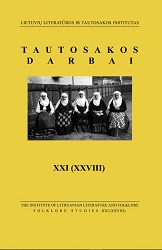
Review of: Daiva Vyčinienė - Naujas lietuvių folkloristikos baras: XX a. pirmosios pusės garsinė dokumentika
More...